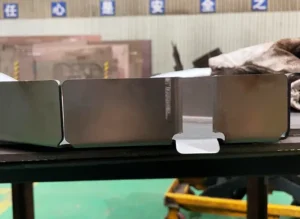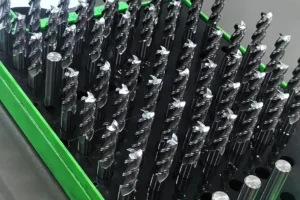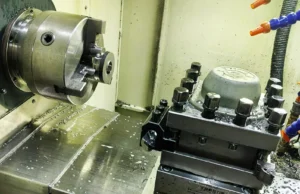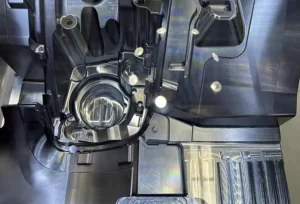
How many amps does a CNC machine use?
How Many Amps Does a CNC Machine Use?
When it comes to CNC (Computer Numerical Control) machines, one of the critical factors to consider is the amount of power they consume.
Understanding how many amps a CNC machine uses is essential for proper installation, maintenance, and preventing electrical issues.
Factors Affecting Amperage Usage
Several factors influence the amperage requirements of a CNC machine. These include the size and type of the machine, the types of motors used, the complexity of operations, and the voltage supply.
Larger CNC machines with more powerful motors tend to draw higher amperage to operate efficiently. Additionally, the number of axes and the speed at which the machine operates can also impact amperage usage.
Another critical factor to consider is the voltage supply to the CNC machine. Most industrial CNC machines require a three-phase power supply for optimal performance.
The voltage and current ratings of the electrical service must be compatible with the machine’s requirements to avoid any electrical issues or damage to the equipment.
Typical Amperage Ratings
While the exact amperage requirements can vary significantly based on the factors mentioned above, here are some general guidelines for typical CNC machines:
| CNC Machine Type | Amperage Range |
|---|---|
| Small CNC Milling Machine | 10-20 Amps |
| Medium CNC Milling Machine | 20-30 Amps |
| Large CNC Milling Machine | 30-50 Amps |
| Small CNC Lathe | 10-15 Amps |
| Medium CNC Lathe | 15-25 Amps |
| Large CNC Lathe | 25-40 Amps |
It is essential to consult the manufacturer’s specifications for your specific CNC machine to determine the exact amperage requirements.
Operating the machine outside of the recommended amperage range can lead to performance issues, overheating, or even damage to the equipment.
Power Supply Considerations
When setting up a CNC machine, it is crucial to ensure that the power supply meets the machine’s amperage requirements. As mentioned earlier, most industrial CNC machines require a three-phase power supply.
The power supply should have the appropriate voltage rating and be equipped with circuit protection such as circuit breakers or fuses to prevent overload.
It is recommended to have a qualified electrician assess the electrical supply and install the necessary components to ensure safe and efficient operation of the CNC machine.
Regular maintenance checks should also be conducted to verify that the electrical connections are secure and that there are no signs of overheating or electrical issues.
Conclusion
Understanding the amperage requirements of a CNC machine is vital for engineers with a manufacturing background to ensure smooth and efficient operation.
By considering factors such as machine size, motor types, and power supply specifications, you can determine the appropriate amperage range for your specific CNC machine.
Following the manufacturer’s guidelines and conducting regular maintenance checks will help prevent electrical issues and maximize the lifespan of the equipment.




1 thought on “How many amps does a CNC machine use?”
Clear, simple, and to the point. Love it.
Comments are closed.